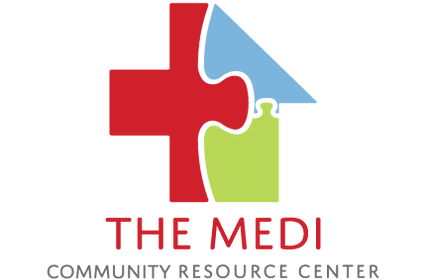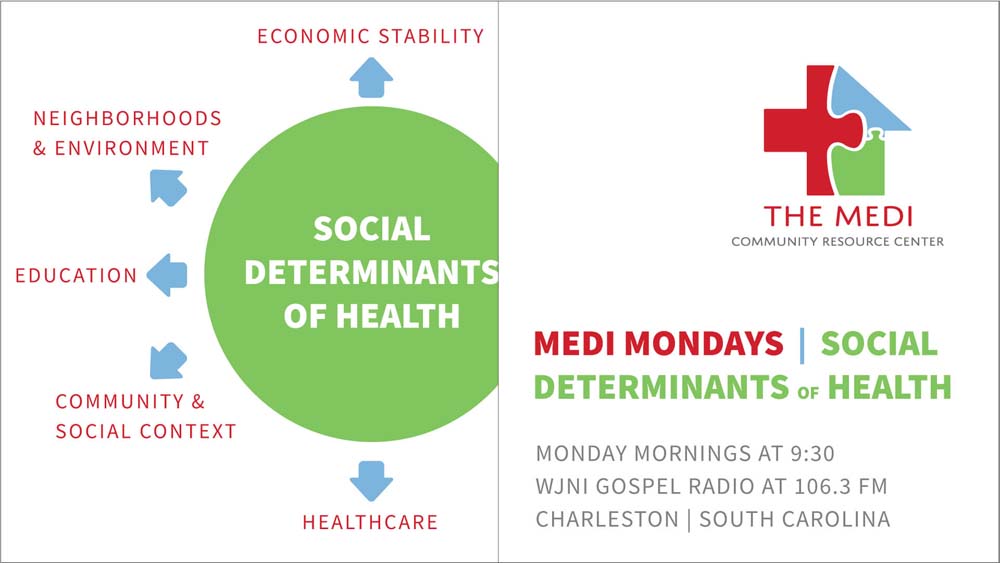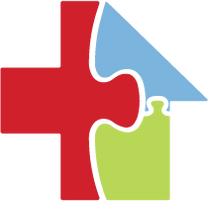Join popular WJNI Gospel Radio host Terry Base, Garcia Williams, executive director of The Medi, and M. Chris Gibbons, MD, associate director of the John Hopkins Urban Health Institute, for a conversation about the social determinants of health! Listen in below as they define health disparities, discuss why these disparities occur and how much progress has been made at the national level to eliminate them, and outline a vision for how technology could help us make improvements that have previously been impossible.
Listen in to learn:
- What are health disparities?
- With the best healthcare system in the world, why do these happen in the US?
- How much progress has been made in fixing this problem?
- Is there anything else that can be done?
- What about those who can’t afford, or don’t know how to use, tech? Will they be left behind?
Dr. Gibbons sees untapped potential in bringing electronic tools to bear on the problem of disparities in healthcare. And he wants to put those tools directly in the hands of patients, not just doctors.
In a recent evidence review for the Agency for Healthcare Research and Quality, Dr. Gibbons found evidence that certain web resources and interactive multimedia programs can help patients with symptoms of depression, stress, and anxiety without the presence of a physician.
”The potential impact on disparities can be significant,” says Dr. Gibbons, author of the 2007 book eHealthSolution for Healthcare Disparities, which explores how experts in medicine and technology and experts on health disparities can work together to close the gaps. In the book, he also examines cyber strategies with the greatest potential for effective, equitable care and improved service delivery, as well as emerging roles for information technology in promoting weight loss, smoking cessation, and other behavioral changes along with preventing cancer, HIV, and other diseases.
Dr. Gibbons is also an assistant professor at the Department of Health, Behavior and Society. In February, Dr. Gibbons, whose work is gaining the attention of policy makers, received a Top Minorities in Research Science Award in Medical Leadership at the 24th Black Engineer of the Year STEM (Science, Technology, Engineering, and Math) Conference in Baltimore, MD.
Dr. Gibbons is also the founder and CEO of The Greystone Group, a digital health consulting firm that focuses on health sector ecosystem visioning and design, health innovation, diversity populations and emerging health sector revenue models. Dr. Gibbons also serves as the chief health innovation adviser for the Federal Communications Commission’s Connect2Health Task Force, an assistant professor at John Hopkins University School of Medicine and a visiting professor at Duke University School of Medicine. Previous he served as associate director of the John Hopkins Urban Health Institute and assistant professor of medicine, public health and health informatics at John Hopkins University.


